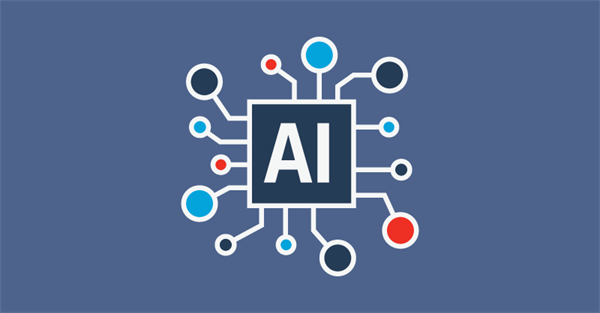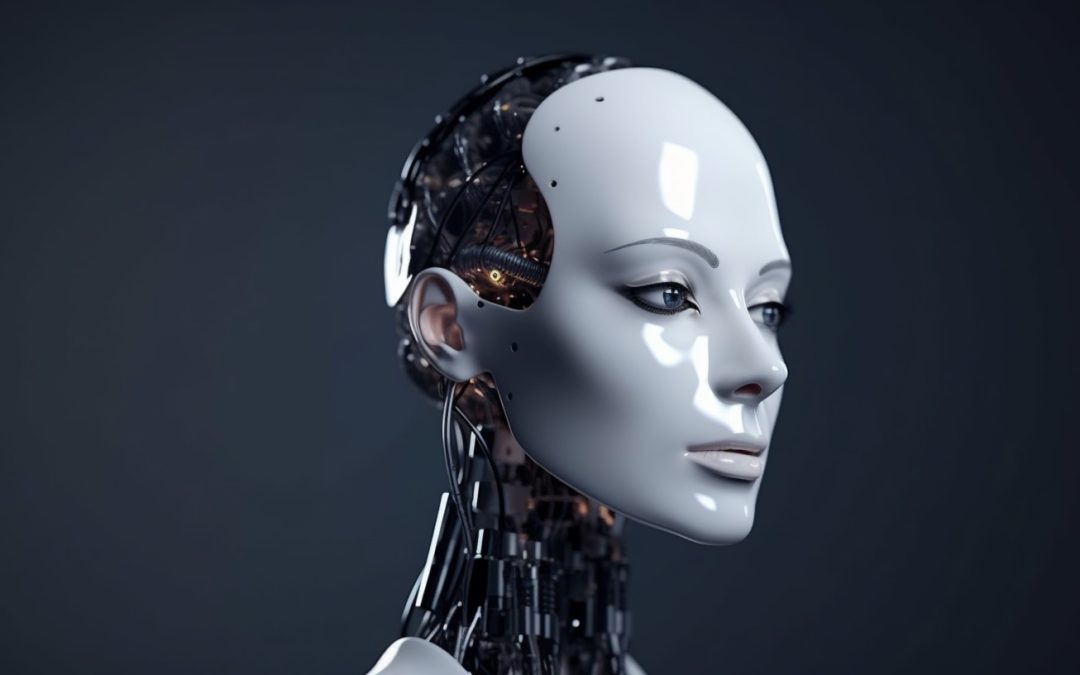Introduction
In today’s rapidly advancing technological landscape, artificial intelligence (AI) is playing an increasingly prominent role in our lives. From virtual assistants and recommendation systems to autonomous vehicles and facial recognition, AI has become an integral part of various domains. While AI offers numerous benefits and possibilities, its growing presence raises important questions about the influence it has on trust in human interaction. This blog will explore the impact of AI on trust, examining both the potential advantages and challenges it presents.
Enhancing Efficiency and Reliability
One of the primary ways AI influences trust in human interaction is by enhancing efficiency and reliability. AI-powered systems can process vast amounts of data, enabling quicker and more accurate decision-making. For instance, customer service chatbots can provide immediate responses and resolutions, reducing waiting times and improving customer satisfaction. This efficiency builds trust by demonstrating reliability and competence, as users come to rely on AI systems to meet their needs promptly and effectively.
Personalization and Recommendation Systems
AI-driven personalization and recommendation systems have revolutionized the way we consume products and services. By analyzing user data, AI can offer tailored suggestions, anticipating our preferences and needs. This ability fosters trust by providing a personalized and convenient experience. When AI systems consistently recommend relevant content or products, users develop a sense of confidence in their ability to understand their preferences, leading to increased trust in the recommendations and, by extension, the system itself.

However, concerns related to privacy and data security can emerge as a result of AI’s data-driven personalization. Users may question the motives and methods behind data collection and worry about potential misuse. Ensuring transparent and ethical data practices is crucial to maintaining trust and addressing these concerns.
Ethical Considerations and Bias
While AI can improve human interaction in many ways, it also poses challenges that can undermine trust. One significant concern is the presence of bias within AI algorithms. AI systems learn from vast datasets, which may contain biases present in society. This can result in discriminatory outcomes, such as biased hiring processes or unfair profiling. When users perceive biases or unfairness, trust in AI systems and the organizations implementing them can erode rapidly.
To address this issue, developers and organizations must prioritize ethical considerations throughout the AI development process. Implementing robust bias detection mechanisms, diversifying the development teams, and conducting regular audits can help mitigate bias and build trust in AI systems.
Human-AI Collaboration
The concept of trust in human-AI collaboration is an emerging area of research and development. Trusting AI as a collaborative partner is essential for effective utilization and adoption. Human-AI collaboration can be fostered by designing AI systems that communicate their limitations clearly, involve users in decision-making processes, and provide explanations for their actions. Transparent and explainable AI can alleviate concerns, empower users, and enhance trust in human-AI partnerships.
Rebuilding Trust in the Aftermath of Misuse
The misuse of AI technology, such as deepfake videos or automated misinformation campaigns, can have severe consequences for trust in human interaction. Instances of AI being used maliciously or unethically can erode trust, as users become wary of the authenticity and reliability of information and interactions.
To rebuild trust, it is crucial to hold individuals and organizations accountable for their actions. Implementing regulations, ensuring transparency in AI usage, and fostering a culture of responsible AI development can help restore faith in human-AI interaction.
Conclusion
As AI continues to evolve and permeate various aspects of our lives, its influence on trust in human interaction becomes increasingly significant. AI has the potential to enhance efficiency, provide personalized experiences, and improve decision-making. However, challenges related to bias, privacy, and misuse also exist. To ensure trust in AI-human interactions, it is crucial to prioritize ethical considerations, address biases, promote transparency, and foster collaboration between humans and AI. By navigating these challenges responsibly, we can build a future where AI and human trust coexist harmoniously, enabling us to harness the full potential of this transformative technology.

